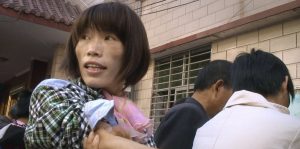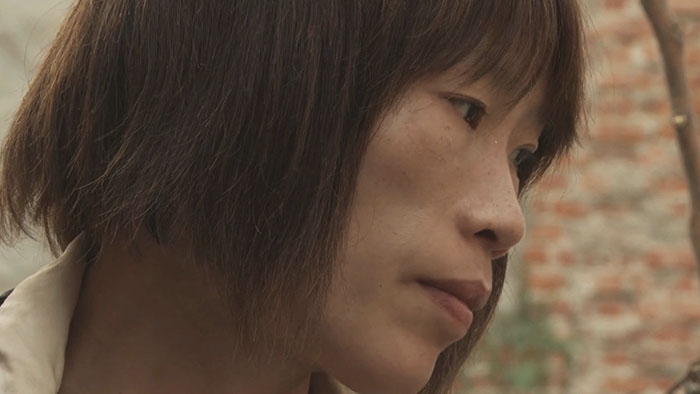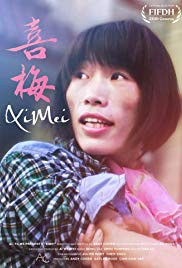
As any close observer of modern China knows all too well, the Chinese government has never placed much of a premium on people’s health. Back in 2003, for instance, it was notoriously reluctant to publish data about the SARS outbreak – conceivably because doing so would have exposed weaknesses in its health care system. Two years ago, moreover, a doctor who questioned the efficacy of a popular Chinese medicine was jailed for 100 days – a minor incident that nevertheless illustrates where the Chinese government’s priorities lie.

“…dealers pooled their donors’ blood samples – an unsafe practice that ensured the rapid spread of viruses and diseases…”
Andy Cohen and Gaylen Ross’ Ximei explores another public health issue that the Chinese government has often tried to play down: the prevalence of HIV and AIDS in rural China. Back in the 1990s, peasants across China donated blood plasma to earn extra income, acting on the assurance that they’d eventually get their blood back. To facilitate the extraction of plasma from the blood, however, many blood dealers pooled their donors’ blood samples – an unsafe practice that ensured the rapid spread of viruses and diseases like HIV, malaria, and hepatitis-B.
As a way of depicting the consequences of these blood dealers’ actions, Ximei portrays the daily life of the titular Chinese woman, who is one of the hundreds of thousands of Chinese peasants with HIV or AIDS. When she was 10 years old, Ximei was involved in a serious accident that put her in a three-day coma. While in a comatose state, she was given a transfusion of blood from an infected blood supply – and although she eventually recovered from the accident, she was subsequently diagnosed with HIV.

"…a thorough and compassionate study of an individual whose story too often gets ignored."
